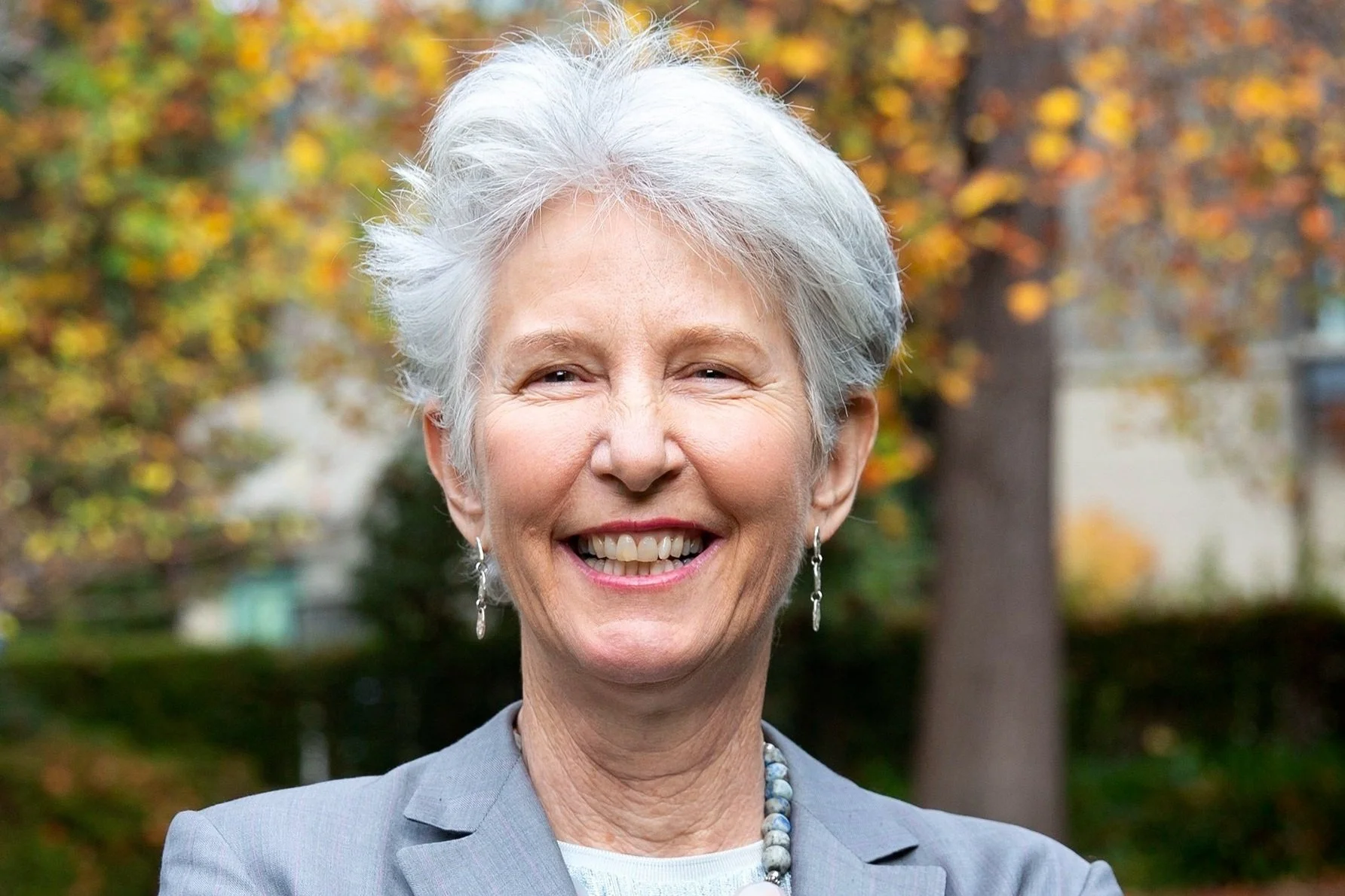The Schmidts Stretch Out as Science Funders With New Fellowship
/photo: zaferkizilkaya/shutterstock
In the growing world of science philanthropy, it looks like a couple of players are upping their commitment—Eric and Wendy Schmidt have kicked off a $100 million effort with an emphasis on interdisciplinary research, starting with a postdoc fellowship.
The fellowship will allocate at least $25 million for its first three years, giving $100,000 to each fellow to study a field outside their core research, along with a series of advanced courses and networking programs.
The couple aren’t exactly newcomers to science funding, with a particularly large interest in marine research with a conservation angle, including their own high-tech research vessel. They’re also big funders of climate and environmental work. All this is backstopped by Eric Schmidt's large Google fortune, which currently stands at $13 billion. And, notably, Wendy Schmidt has increasingly stepped up as a major leader in philanthropy.
But this new venture is a little different, funding individual researchers in a handful of topics, with a goal of strengthening scientific leadership in general as opposed to a particular outcome in a field.
As for the strategy behind it, the Schmidts are following a pretty common M.O. in research funding. Rather than pile on top of other funding sources, they're backing something that seems to have fallen through the cracks. But the program they settled on is pretty uncommon, mashing up two needs—more backing for young scientists and interdisciplinary research.
Related:
- A New Funding Stream for Young Researchers Thinking Outside the Box
- Another Foundation Backing Young Scientists Who Are Shaking Up Their Fields
- Investing in Young Scientific Talent: How (and Why) One Research Funder Does It
Both shortcomings are somewhat related to the tightening of federal research budgets and the profit motive of industry-funded research, but also the fact that funding sources often have set channels based on discipline. Each university and department also has its own mission and well-being to look after, which can lead to silos.
Rather than just giving young researchers or interdisciplinary projects money, the fellowship will make an effort to boost promising young scientists with 11 months or longer of interdisciplinary postdoctoral study. That’s under the theory that, as the couple put it in a Chronicle op-ed, “The next frontiers of scientific discovery will be pioneered by researchers who have the inspiration and ability to transcend the traditional boundaries of science.” There’s something to that, as problems related to energy, water, climate and more involve multiple fields of science, not to mention crossover with social scientists.
As for who decides where the money goes—worth noting, here, is that both Google and Schmidt, Alphabet’s executive chairman, have taken a beating in recent months over conflict of interest scandals—nominees will come from a set of selected universities. They’ll then apply to a board of senior researchers, and then a second board, and then face-to-face interviews. The program, in partnership with the Rhodes Trust, will start with between 10 and 15 fellows.
(In an interesting side note, the Atlantic Philanthropies also turned to the Rhodes Trust not long ago as a partner for a fellowship program. This makes sense. That outfit has been in the fellowship business for over a century.)
This new science fellowship program isn't huge, but instead, is one that intends to have a significant impact on a group of winners by broadening their horizons early on. And according to the Schmidts, there’s more to come. That seems always to be the case with these billionaire mega-givers—most of whom, like the Schmidts, find it hard to give away money nearly as quickly as they make it.
Related:







































